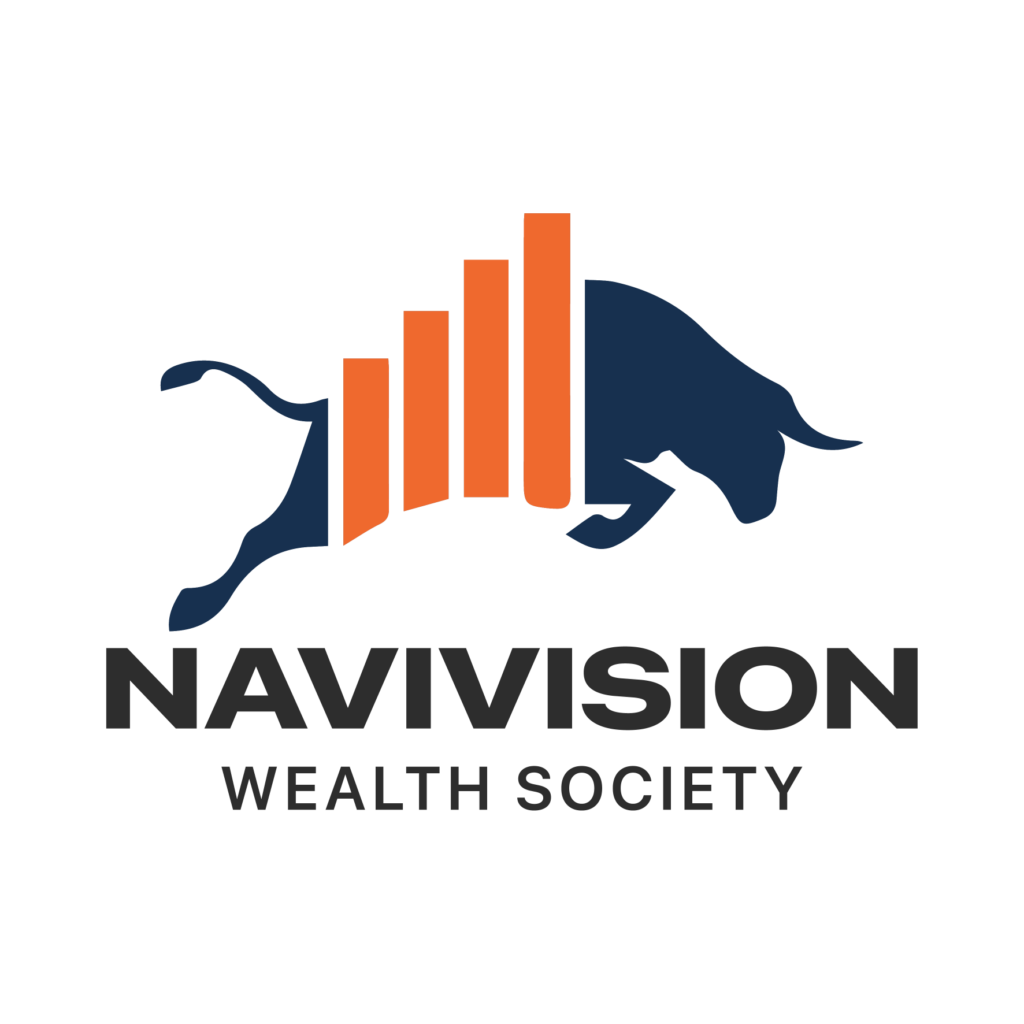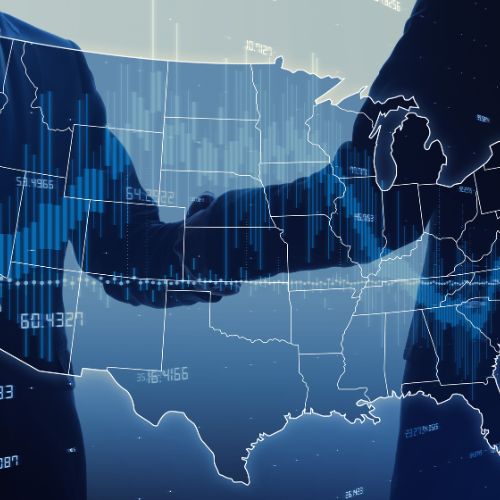
GOVERNANCE & DECENTRALIZATION
DAO Governance Framework
NAV’s ecosystem is steered by a decentralized autonomous organization (DAO) designed to empower every stakeholder. Governance begins at the Proposal Layer, where users staking ≥10,000 NAV can submit ideas from technical upgrades to partnership integrations after passing a smart contract pre-review and depositing 100 NAV (refundable upon approval. The Voting Layer ensures fairness through a weighted system: voting power scales with staked NAV and duration (up to 2x weight for long-term holders). To pass, proposals must meet dual thresholds: ≥15% of circulating tokens must vote, with ≥60% approval for technical changes or ≥75% for funding requests. Finally, the Execution Layer automates decisions via a quantum multi-signature committee (5/7 signatures required), elected annually by the community to prevent centralization. For example, protocol upgrades follow a rigorous path: testnet trials, community bug bounties, DAO-wide voting, while the ecosystem fund mandates 30% for developer incentives and 20% for security audits, with the rest determined by collective input.

Community Empowerment & Safeguards
Transparency and anti-centralization are non-negotiable. The Ecological Fund (15% of total NAV supply) is locked in smart contracts, with every transaction recipient addresses, budgets, purposes recorded on chain for realtime auditing. To resolve disputes, NAV employs a Quantum Jury: 21 jurors, randomly selected from top stakeholders, vote anonymously via zero knowledge proofs (ZKP), requiring ≥70% consensus for binding, irreversible rulings. Centralization risks are mitigated by strict caps: no entity can hold >5% of circulating supply (excess tokens lose voting rights), and team token sales require 30 days notices plus DAO scrutiny. Together, these mechanisms ensure NAV remains a community first ecosystem, where power flows from the bottom up, not the top down.
